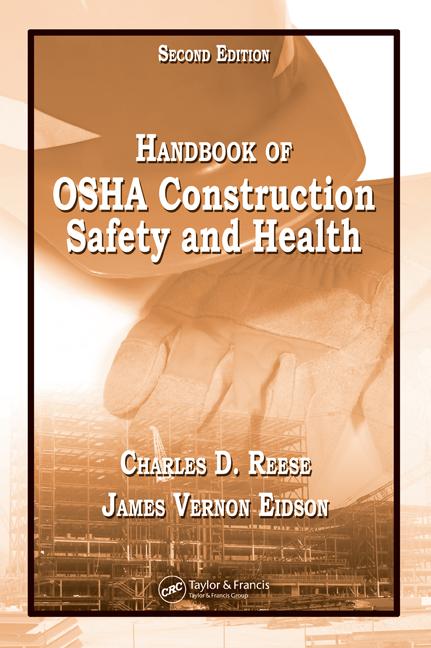Posted with permission from Industry Today:
A new OSHA proposal to create a public data base of workplace injuries and illnesses is receiving immediate opposition from the business community, specifically the manufacturing sector.
According to Assistant Secretary of Labor for Occupational Health and Safety Dr. David Michaels, a new approach to reporting injury and illness data was developed following a series of stakeholder meetings in 2010. The new rule amends the current record keeping requirement by mandating electronic submissions from companies with more than 250 employees. The reports must be filed quarterly.
In certain companies with as few as 20 employees but which are reported to have a high incidence of worker injury or illness, electronic reports will be required annually.
Dr. Michaels claims the new rule “does not add any new requirements to keep records. It only modifies how an employer will be obligated to transmit these records to OSHA”. He added that, in his opinion, the proposal will give employers, employees, the government and researchers “better access to data that will encourage earlier abatement of hazards and result in improved programs to reduce workplace hazards and prevent injuries, illnesses and fatalities.”
In its announcement OSHA states that it plans to “eventually post the data online” as encouraged by the White House “open government initiative”. It rationalizes this by saying that timely, establishment specific, injury and illness data will help target compliance and enforcement resources.
Critics of this proposal say it will do little to improve workplace safety and that it could be used unfairly or misinterpreted to damage a company’s reputation.
Ms. Amanda Wood, Director of Labor and Employment Policy for National Association of Manufacturers (NAM) said, “The OSHA proposal could lead to the unfair characterization of business by people who just see a statistic and don’t know the circumstances behind it.”
The Executive Director of Labor Law Policy at the U.S. Chamber of Commerce, Marc Freedman, told The Wall Street Journal, “Just because you have an injury does not mean there was employer fault.” He added, “Reporting the injury records does not tell the full story of the company”
Other reactions are more specific in expressing concern that OSHA data could provide third parties such as non-government organizations, public interest groups or unions with an opportunity to misuse such information or pursue agenda that has little or nothing to do with worker health and safety. It could also result in frivolous legal action against employers.




